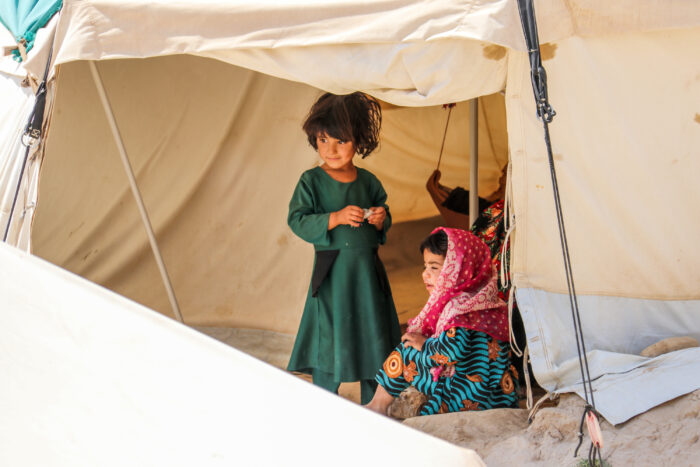Imagine that you are a female judge in Afghanistan at this very moment: having gone from being in the epicenter of justice just a few months ago to a basement hideaway trying not to breathe too loudly. You are now hunted by the Taliban, by the murderers you convicted (and whom the Taliban released) as well as ISIS-Khorasan.
When Canada announced that female Afghan judges in danger were encompassed by its Special Immigration Program, you breathed a sigh of relief.
Now, months later, few of those female judges or other “at risk” Afghans have been evacuated to Canada, large numbers remain in grave danger, and their plight is getting increasingly desperate. Of the many in peril, we have been able to evacuate only a fraction to date.
Canadians are rightly proud of our country’s reputation as a caring society that welcomes those forcibly displaced by distant wars. We were deeply troubled by the fall of Kabul and broadly applauded announcements that Canada will resettle Afghans who assisted the Canadian mission in Afghanistan as well as Afghans who are now vulnerable to reprisals under the Taliban. In addition to Afghan female judges, those at risk include journalists, female leaders, LGBTI individuals, religious minorities, and human rights advocates.
This is who we are. We help those in need. But in Afghanistan, time is now running out.
In many cases, the Taliban are actively searching for the same individuals Canada aimed to protect through announced immigration programs. Evacuating individuals safely has proven difficult for a number of reasons, some of which we can do little about.
But a number of those reasons are entirely within Canada’s direct control, and with the new cabinet in place, the time has come for the political leadership needed to clear away impediments to effective and immediate action. We call upon Prime Minister Justin Trudeau, Minister of Immigration, Refugees, Citizenship Canada Sean Fraser and Minister of Foreign Affairs Mélanie Joly urgently to take four necessary steps.
- First, we must define, within the Special Immigration Program, what a “significant and enduring relationship” to Canada means. In doing so, Canada must fulfil its earlier promise to define that term broadly, so it encompasses women leaders, human rights advocates, persecuted religious or ethnic minorities, LGBTI individuals, and Afghan journalists who helped their Canadian counterparts. In short, let’s be sure we are including all of those at greatest risk.
- Second, the work in Afghanistan must be adequately staffed, our officials must be given appropriate discretion and departments must be clear on their mandates. This will involve committing the resources needed to deal with the high volume of cases and letting case workers exercise their judgment without having to seek approval from higher ups. Officials are working in extremely difficult circumstances and need clarity and structure to effectively assist those at risk.
- Third, Canada must cut through the red tape and declare in advance what we all know — the crisis in Afghanistan has created a refugee situation for those at risk. It should therefore not be required in every case for asylum seekers to demonstrate that the constituent elements set out in the 1951 Refugee Convention are present. By acknowledging the obvious, we can remove unnecessary steps that slow down and complicate the process of evacuation. We have done this before in urgent and compelling situations and we can do it again now.
- Finally, we must act with our allies to press the Taliban to clear away obstacles to evacuation. We cannot do this alone. Even if Canada addresses the factors we have identified, it will mean nothing if those in danger cannot get to the airport or travel safely to a bordering country. That is why Canada and its allies must also bring every possible pressure to bear in seeking assurances that the Taliban will allow at-risk individuals to safely leave Afghanistan.
Just days into the mandate of the new cabinet, its members are now called upon to provide the political leadership needed to deal with this crisis. Yet moments of crisis can offer extraordinary opportunity.
The effective and safe evacuation of vulnerable individuals from Afghanistan will show that the newly elected government remains committed to the values it invoked in announcing its policies some months ago. And bringing those vulnerable Afghans to safety in Canada will demonstrate our collective sense of purpose — a purpose that reflects the compassion and humanity of Canadians.
This article was first published by The Toronto Star.
Photo: Trent Inness / Shutterstock.com


